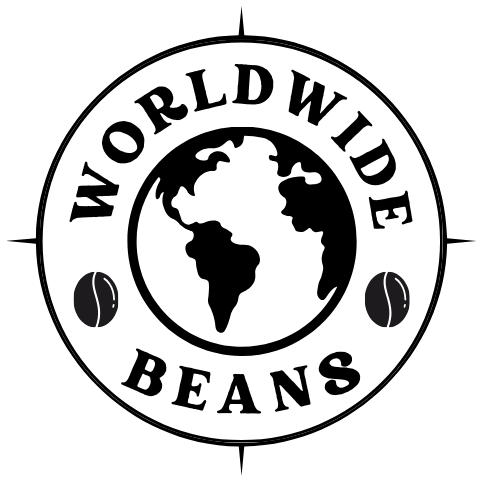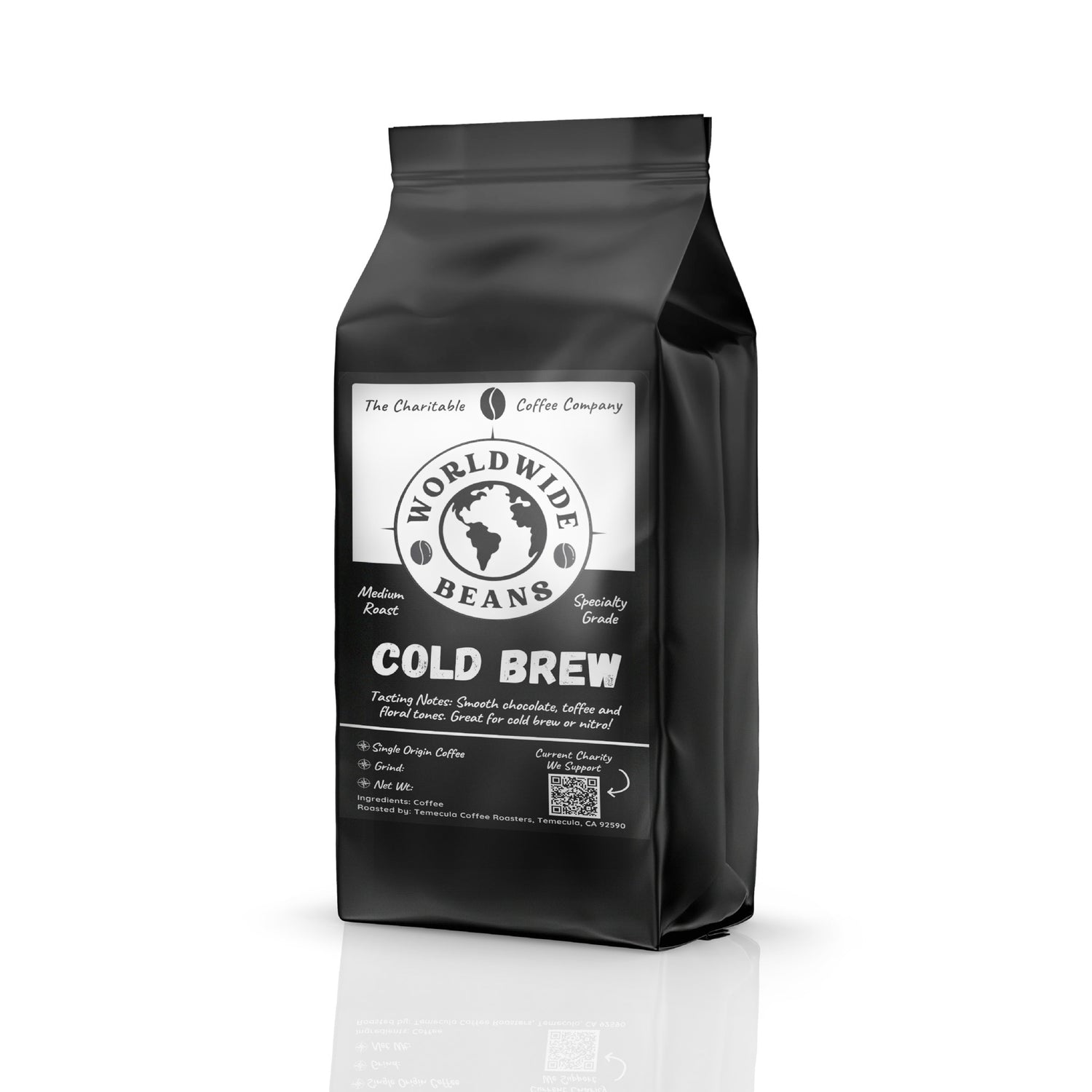Specialty Grade Coffee FAQ
What is specialty coffee?
Specialty coffee is coffee beans that is graded at or above 80 points out of 100 and is the highest quality coffee available. The process of specialty beans includes the coffee beans being hand picked, test roasted to perfection in small craft roaster before being shipped out, and tracked and traced every step of the way to help eliminate defects to create a perfect cup of coffee.
It is grown in the most ideal conditions with regards to weather, rich soil, and it is carefully processed and craft roasted in small batches. This yields incredible flavorful coffee with the lowest percentage of defects.
How is specialty coffee different from regular coffee I normally get from the store or Starbucks?
Specialty coffee is distinguished by its exceptional quality, traceability, and distinctive flavor profiles. Your regular coffee most likely did not undergo any of the same rigorous standards.
Why is specialty grade coffee more expensive?
This type of coffee is rarer then the commodity coffee beans you find at most shops and grocery stores. Specialty coffee beans are grown in very limited quantities as the farmers take better care through the whole process. Furthermore, the roasting process is more expensive as small test roasts occur to get the perfect roasted beans depending on the green coffee beans at hand.

How is specialty coffee beans graded?
They are graded on several factors. Appearance, aroma, flavor, body, acidity, and aftertaste are the main criteria. The score is on the scale of 1-100. Anything over 80 points is considered a specialty grade.
What are the top producing countries of specialty grade coffee?
The vast majority of specialty grade coffee include Mexico, Indonesia, Brazil, Colombia, and Ethiopia.
What is the significance of single-origin coffee?
Single-origin coffee comes from a specific region of a country. This provides a unique flavor profile that reflects the terroir of that location.
What is the significance of fair trade and direct trade in specialty coffee?
This includes fair compensation for farmer, while direct trade establishes a direct relationship between roasters and producers, promoting sound sustainability.
Grab your favorite coffee...
-
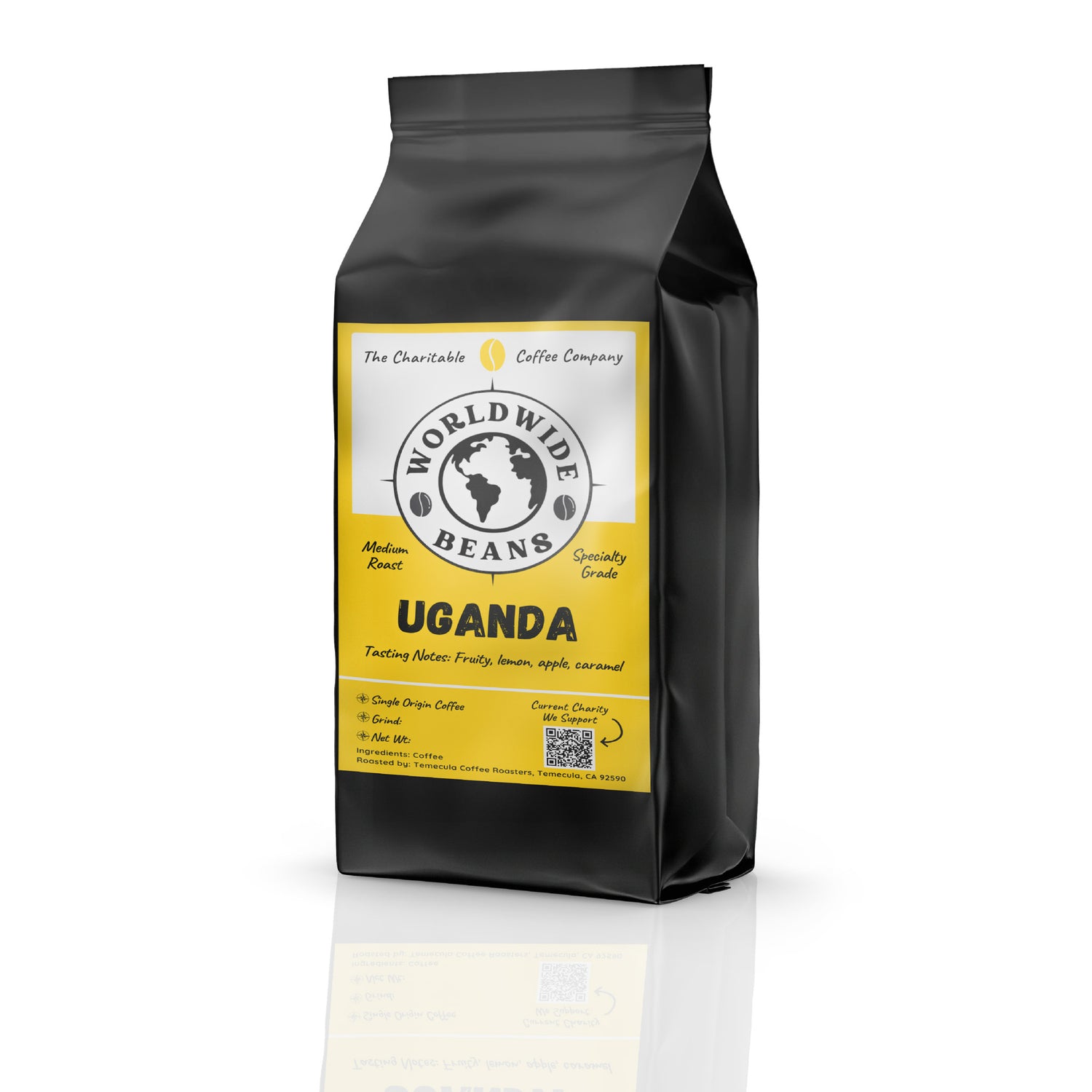
Single Origin
Single-origin coffee is grown in a specific geographic location, like a single...
-
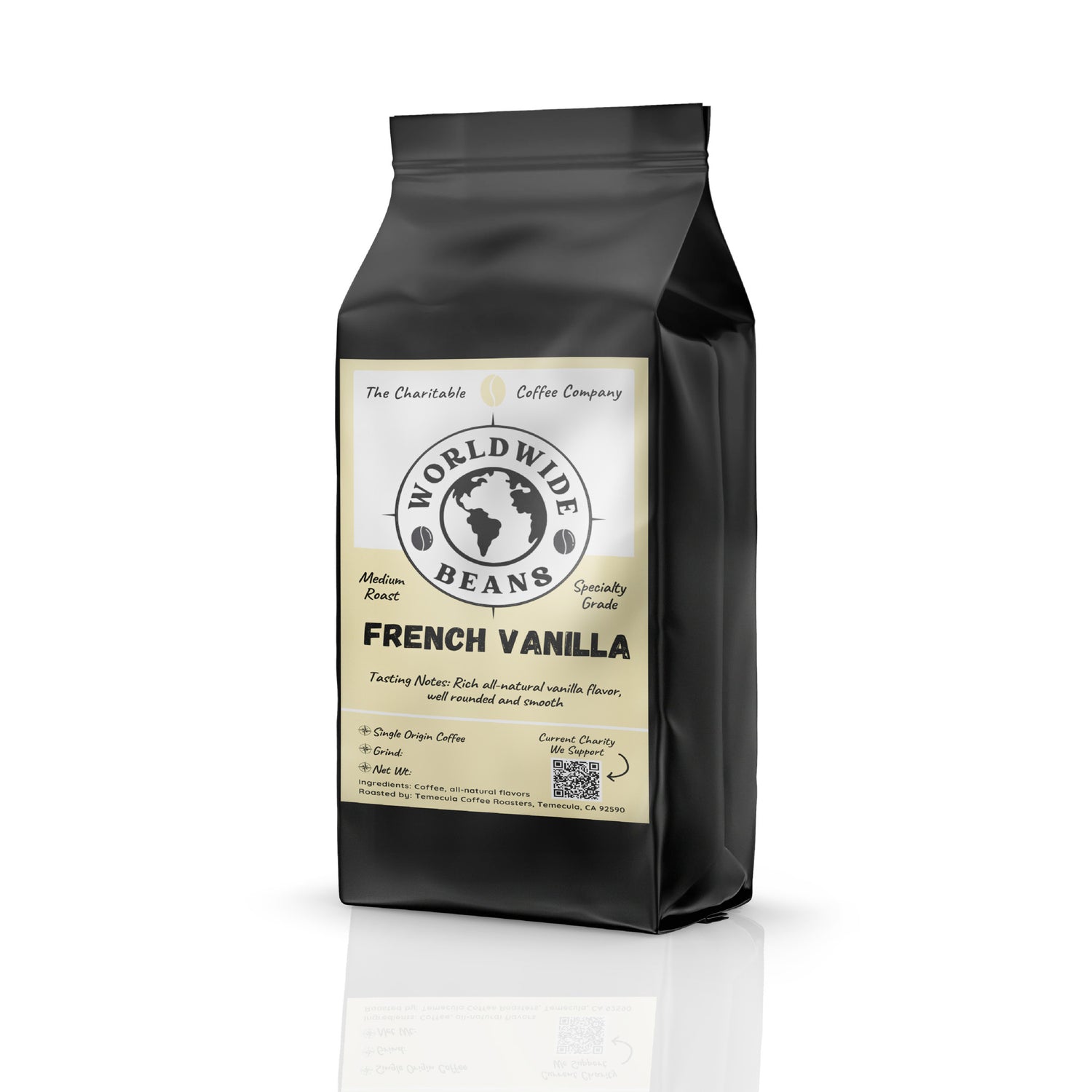
Flavored Coffee
If you're looking for a way to spice up your regular morning...
-
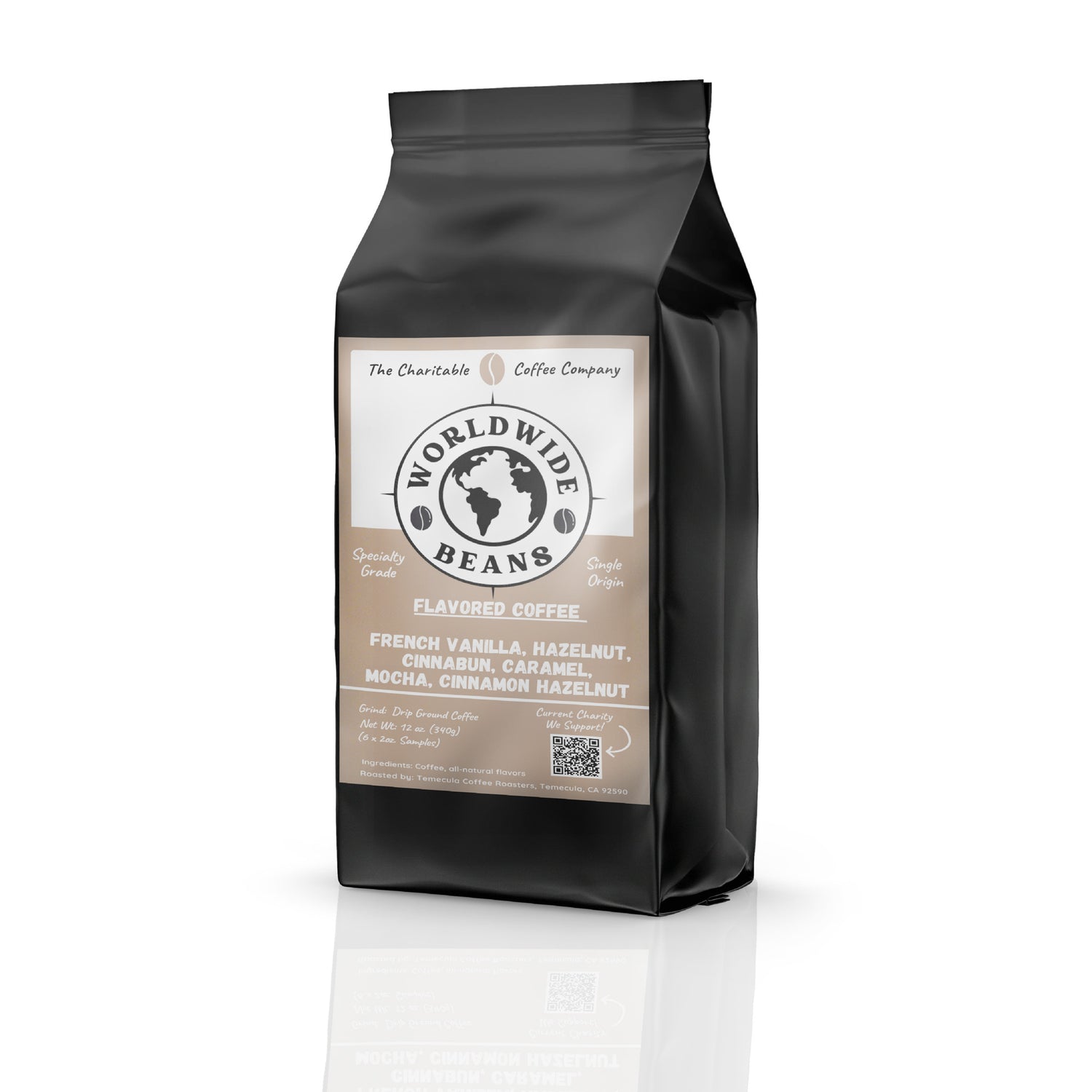
Sample Packs
Try several of our favorite coffees in one swoop!
